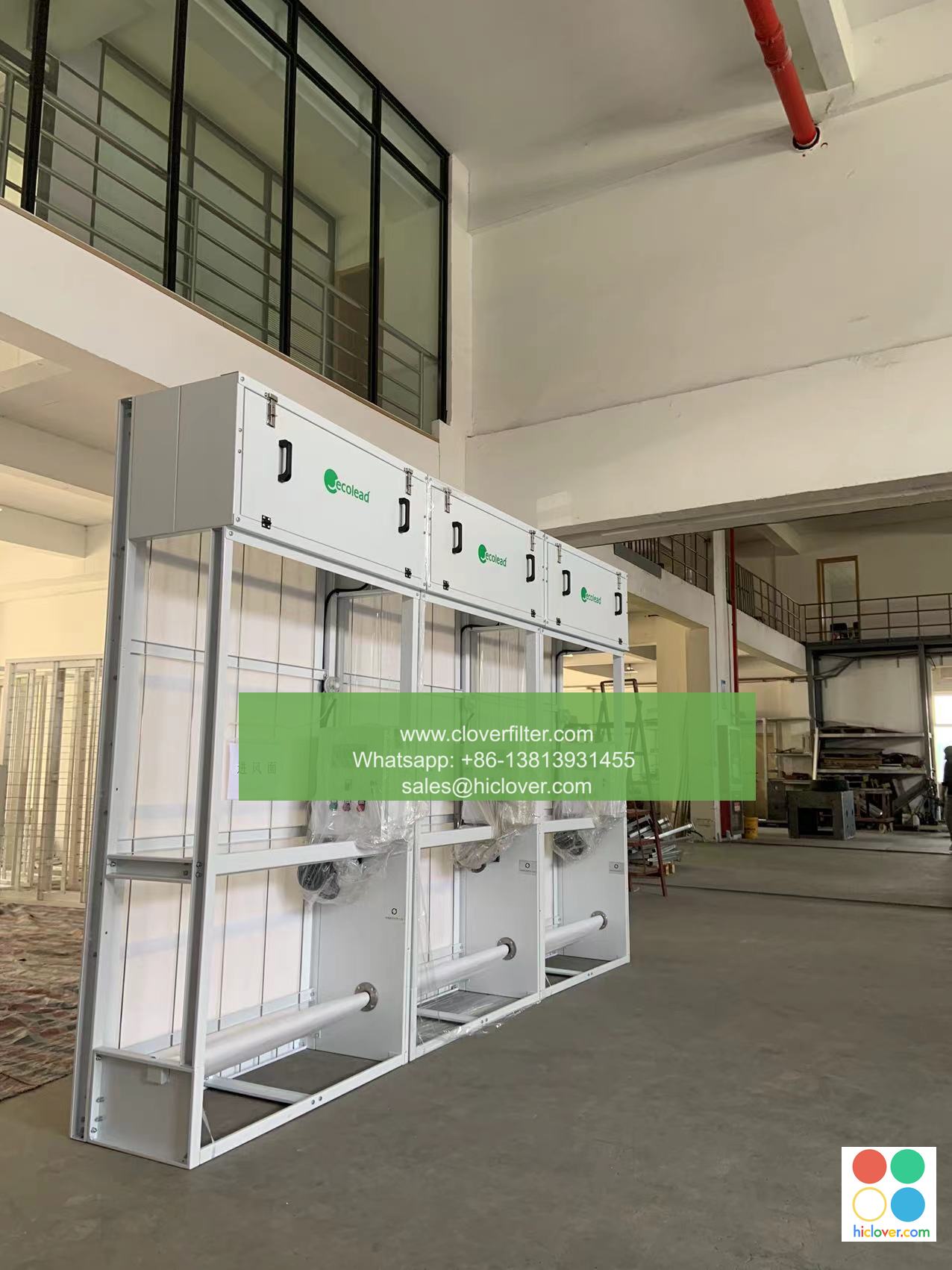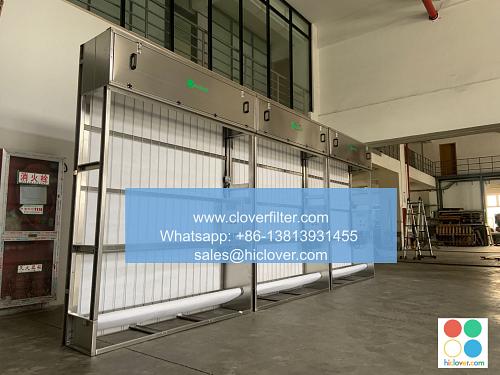Air Filter Certifications: A Must for Healthy Indoor Air

As we spend more time indoors, the quality of the air we breathe becomes increasingly important. Indoor Air Quality (IAQ) is a significant concern, and Air Filter Certifications play a crucial role in ensuring that the air we breathe is clean and healthy. In this article, we will explore the importance of air filter certifications and their applications in various areas.
What are Air Filter Certifications?
Air filter certifications are standards that verify the performance and efficiency of air filters in removing pollutants and allergens from the air. These certifications are awarded by reputable organizations, such as the Association of Air Pollution Control Agencies (APCA) and the American Society of Heating, Refrigerating and Air-Conditioning Engineers (ASHRAE). The most common air filter certifications include MERV (Minimum Efficiency Reporting Value), HEPA (High Efficiency Particulate Air), and UL (Underwriters Laboratories).
Importance of Air Filter Certifications
Air filter certifications are essential for several reasons:
* Improved Indoor Air Quality: Certified air filters ensure that the air we breathe is free from pollutants, allergens, and microbes, which can exacerbate respiratory problems like asthma and allergic reactions.
* Energy Efficiency: Certified air filters can help reduce energy consumption by minimizing the strain on heating, ventilation, and air conditioning (HVAC) systems.
* Compliance with Regulations: Many industries, such as healthcare and hospitality, require air filter certifications to comply with regulations and standards.
Applications of Air Filter Certifications
Air filter certifications have various applications across different industries, including:
* Residential Air Filtration: Certified air filters are used in homes to improve indoor air quality and reduce the risk of respiratory problems.
* Commercial Air Filtration: Certified air filters are used in offices, schools, and hospitals to maintain a healthy indoor environment and comply with regulations.
* Industrial Air Filtration: Certified air filters are used in industries, such as manufacturing and pharmaceuticals, to control airborne pollutants and ensure product quality.
* Transportation Air Filtration: Certified air filters are used in vehicles, such as cars, buses, and airplanes, to improve indoor air quality and reduce the risk of airborne illnesses.
Certification Standards for Different Applications
Different applications require different certification standards. For example:
* HEPA Certification is commonly used in Healthcare Air Filtration and Pharmaceutical Air Filtration to ensure the removal of 99.97% of particles as small as 0.3 microns.
* MERV Certification is commonly used in Residential Air Filtration and Commercial Air Filtration to ensure the removal of particles between 0.3 and 10 microns.
* UL Certification is commonly used in Industrial Air Filtration and Transportation Air Filtration to ensure compliance with safety standards.
Conclusion
In conclusion, air filter certifications are a must for healthy indoor air. By understanding the importance of air filter certifications and their applications in various areas, we can ensure that the air we breathe is clean and healthy. Whether you are a homeowner, a business owner, or an industry professional, looking for certified air filters is essential to maintaining a healthy indoor environment. Remember to always check for third-party certifications, such as MERV, HEPA, and UL, to ensure that your air filters meet the highest standards of performance and efficiency. It looks like you forgot to include the actual prompt. Could you please provide more details or clarify what you would like to talk about or ask? I’m here to help with any questions or topics you have in mind!

